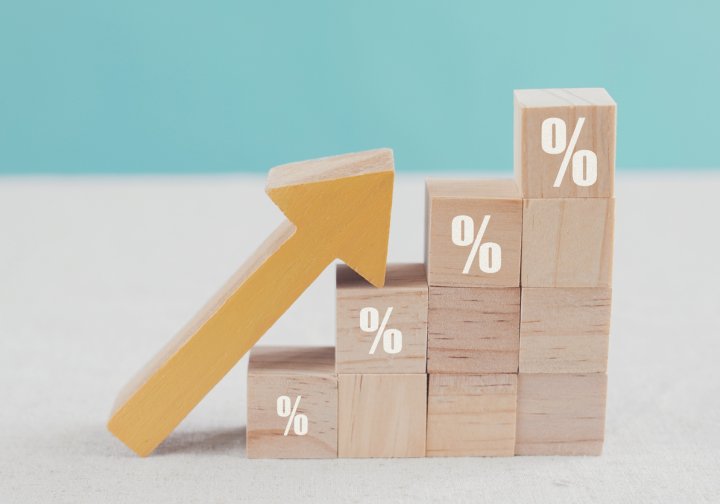The region’s largest business group has called on Government to help firms trade more freely with overseas markets after research highlighted the Brexit trade deal is not delivering for them.
Ahead of the third anniversary of the UK formally leaving the European Union later this month, East Midlands Chamber wants to see red tape cut and barriers to trade with EU countries reduced, along with enhanced support for companies looking to enter new global markets.
A study by the British Chambers of Commerce, of which East Midlands Chamber is a member, found more than three-quarters (77%) of UK firms affected by the Trade and Co-operation Agreement (TCA) signed in December 2020 say it is not helping them to increase sales or grow their business.
More than half (56%) of the 1,168 business leaders surveyed said they have faced difficulties adapting to the new rules for trading goods, while four in five (80%) had reported increased costs of importing since January 2022.
As a result, 53% had seen their sales margins decrease, while 70% of manufacturers had experienced shortages of goods and services.
‘Honest dialogue’ needed between UK and EU leaders
East Midlands Chamber chief executive Scott Knowles said: “As a region of manufacturers, the East Midlands produces goods that are distributed around the world in industries ranging from automotive and aerospace to food and medical.
“As we have stated in our Business Manifesto for Growth, there is a big opportunity to back us further as a Centre of Trading Excellence – a region that makes things, moving them and innovating in how we do this – to grow both the local and national economy. But the gridlock many firms have experienced at borders is having a significantly detrimental impact on trading relationships in Europe.
“Businesses want our political leaders to move on from the debates of the past and find ways to trade more freely. This means having an honest dialogue with our EU counterparts about how we can improve our trading relationship.
“We need to cut red tape and reduce barriers to trade without neighbouring markets, but also make it easier to export to non-EU countries.
“There should be enhanced financial support for businesses looking to enter new overseas markets, from initial exploration through to establishment. This should include funding an expanded trade mission and trade fairs programme, specifically targeted at SMEs and those looking to export for the first time.
“With a recession looming, we must remove the shackles holding back our exporters so they can play their part in the UK’s economic recovery. If we don’t do this now then the long-term competitiveness of the UK could be seriously damaged.”
Five recommendations on improving UK-EU trade
The British Chambers of Commerce has published the TCA Two Years On report, which sets out 24 recommendations to increase UK-EU trade.
Its top five proposals for quick action are:
- Create a supplementary deal with the EU that either eliminates or reduces the complexity of exporting food for SMEs
- Establish a supplementary deal, like Norway’s, that exempts smaller firms from the requirement to have a fiscal representative for VAT in the EU
- Allow CE-marked goods and components to continue to be used in Great Britain after 2024
- Make side deals with the EU and member states to allow UK firms to travel for longer and work in Europe
- Reach an agreement on the future of the protocol on Ireland/Northern Ireland with the European Commission in the early months of 2023, to stabilise our trading relationship.
East Midlands Chamber supports exporters and importers via services including ChamberCustoms and Your Export Office. Find out more at www.emc-dnl.co.uk/services/international.








